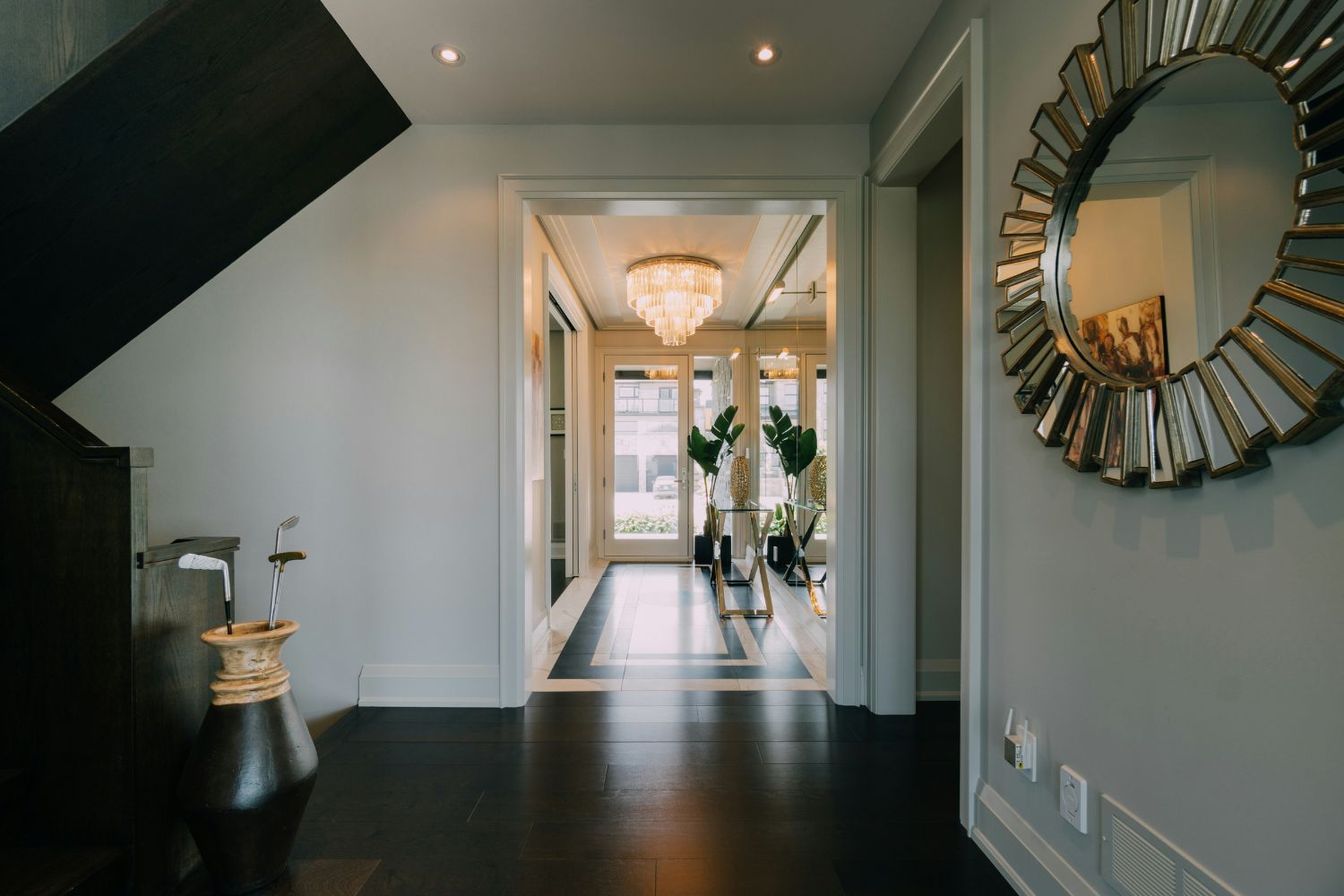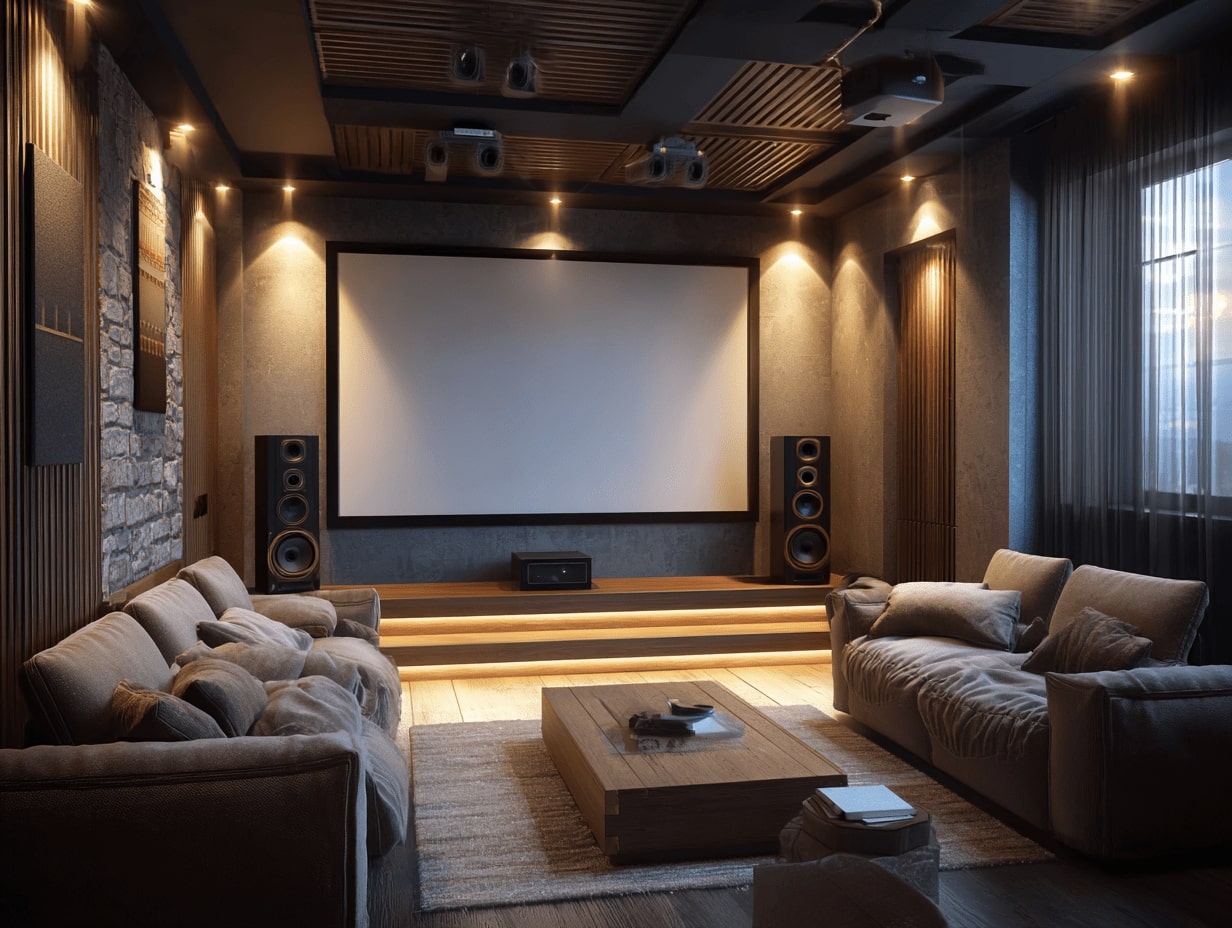- Home
- Articles
- Architectural Portfolio
- Architectral Presentation
- Inspirational Stories
- Architecture News
- Visualization
- BIM Industry
- Facade Design
- Parametric Design
- Career
- Landscape Architecture
- Construction
- Artificial Intelligence
- Sketching
- Design Softwares
- Diagrams
- Writing
- Architectural Tips
- Sustainability
- Courses
- Concept
- Technology
- History & Heritage
- Future of Architecture
- Guides & How-To
- Art & Culture
- Projects
- Interior Design
- Competitions
- Jobs
- Store
- Tools
- More
- Home
- Articles
- Architectural Portfolio
- Architectral Presentation
- Inspirational Stories
- Architecture News
- Visualization
- BIM Industry
- Facade Design
- Parametric Design
- Career
- Landscape Architecture
- Construction
- Artificial Intelligence
- Sketching
- Design Softwares
- Diagrams
- Writing
- Architectural Tips
- Sustainability
- Courses
- Concept
- Technology
- History & Heritage
- Future of Architecture
- Guides & How-To
- Art & Culture
- Projects
- Interior Design
- Competitions
- Jobs
- Store
- Tools
- More
Timeless Design Principles That Work in Any Type of Home

Interior design trends come and go, but some design elements remain consistently appealing through the years. These are the timeless principles that form the foundation of beautiful, functional living spaces regardless of square footage, layout, or style. Whether you live in a traditional bungalow, a sleek modern condo, or a rustic farmhouse, integrating these principles can help you create interiors that feel both current and enduring.
Timeless design doesn’t mean boring or outdated. Instead, it focuses on balance, simplicity, quality, and harmony, key components that make a space feel thoughtfully curated and comfortable. These principles transcend passing fads and are flexible enough to work in any home, no matter its age or architecture. Let’s explore the elements of timeless design and how they can be adapted to suit your unique style and space.

Table of Contents
ToggleFocus on Functional, Flexible Furniture
One of the hallmarks of timeless design is functionality. Your home should be easy to live in, and furniture should serve multiple purposes whenever possible. This doesn’t mean you need to sacrifice beauty, plenty of stylish pieces are highly practical.
Multi-use furniture like ottomans with storage, expandable dining tables, and sleeper sofas is space-saving and enhances the adaptability of a room. Pieces that can evolve with your needs will serve you longer and prevent the need for constant updates as your lifestyle changes. For example, if you’re furnishing a guest room, studio, or small apartment, you might explore modern futons for sale that provide both seating and sleeping options without compromising design. With clean lines and updated upholstery choices, today’s futons are worlds apart from the bulky versions of the past. They blend into a variety of design styles and prove that practical choices can still look polished.
Embrace a Neutral, Balanced Color Palette
Timeless interiors typically rely on a neutral color palette as the foundation. Whites, creams, taupes, grays, and soft earth tones create a sense of calm and openness that allows other design elements to shine. These shades are easy to work with and form a base that won’t clash with future updates.
That said, timeless doesn’t mean colorless. Accents in navy, forest green, rust, or even black can add depth and drama without overwhelming the space. When color is used strategically, through a piece of art, a throw pillow, or a statement chair, it enhances the room without anchoring it to a trend.
Consider how color flows between rooms, especially in open-plan homes. A cohesive palette creates visual harmony and makes the home feel more unified. Keeping large surfaces, like walls and floors, in soft neutrals gives you more freedom to experiment with décor.
Prioritize Quality Over Quantity
Another enduring principle of timeless design is an emphasis on quality craftsmanship. Rather than filling a room with numerous trendy pieces, invest in fewer, better items that are built to last. High-quality furniture, lighting, and finishes tend to wear better, age more gracefully, and require less frequent replacement.
Look for natural materials such as wood, stone, linen, cotton, and leather. These materials develop character over time and offer warmth, texture, and authenticity that mass-produced synthetics often lack.
This philosophy extends to finishes and fixtures. Real wood cabinetry, solid surface countertops, and well-made hardware have a tactile appeal and durability that trends can’t match. When you focus on quality, your design becomes more sustainable and satisfying in the long run.
Keep Lines Clean and Proportions Balanced
Simplicity is at the core of timeless design. Clean lines, uncluttered surfaces, and well-proportioned furnishings create visual balance and prevent rooms from feeling chaotic or cramped. A space should feel open and orderly, even when it’s full of personality.
Symmetry is another key concept. Arranging furniture and décor in a balanced way, such as flanking a fireplace with matching chairs or placing nightstands on either side of a bed, creates a calming sense of structure and order.
Blend Classic and Contemporary Elements
One of the most effective ways to achieve timeless design is by mixing old and new. Vintage or antique pieces add character and history, while modern accents keep the space feeling fresh. This balance ensures your home doesn’t fall too far into either extreme and remains adaptable over time.
A traditional dining table might pair beautifully with minimalist pendant lighting. An antique mirror can hang above a sleek, floating vanity. The contrast creates interest and tells a more personal story than a room that looks like it was pulled from a catalog.
Let Natural Light and Texture Lead the Way
Natural light is a timeless asset in any space. It enhances colors, reveals textures, and creates a feeling of warmth and openness. Design your spaces to take advantage of available light, use sheer window coverings, add mirrors to reflect brightness, and keep window areas uncluttered.
In rooms where light is limited, use artificial lighting thoughtfully. Layered lighting, from ambient overhead fixtures to task lamps and accent lighting, adds depth and functionality while maintaining comfort.

The goal is to design with intention, making choices that serve both form and function. Whether you’re decorating a compact apartment or a sprawling home, these principles will help you create a space that always feels just right.
illustrarch is your daily dose of architecture. Leading community designed for all lovers of illustration and #drawing.
Submit your architectural projects
Follow these steps for submission your project. Submission FormLatest Posts
How to Create a Timeless Living Room: Principles, Ideas, and Inspiration
The living room stands as the heart of every home—a gathering place...
Unlocking Home Curb Appeal: Transform Your Entryway with Expert Solutions
Your home’s entryway is more than just a door—it’s the first impression...
How Home Theaters Influence Architectural Design
How home theaters influence architectural design: see how space planning, acoustics, structure,...
Top Living Room Design Tips in Contemporary Architecture for a Modern and Inviting Space
Discover essential tips for contemporary living room design, blending modern aesthetics with...












Leave a comment